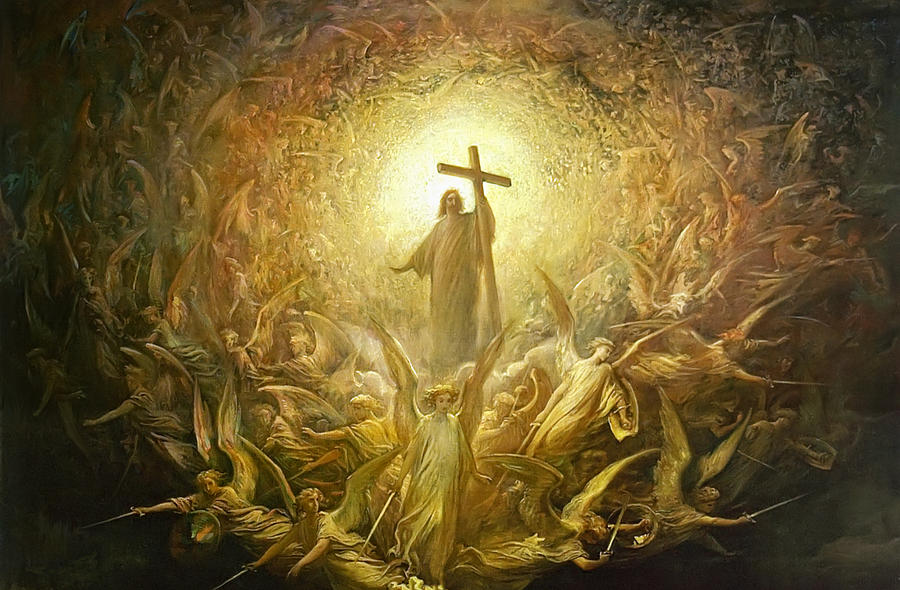
Christ Victorious



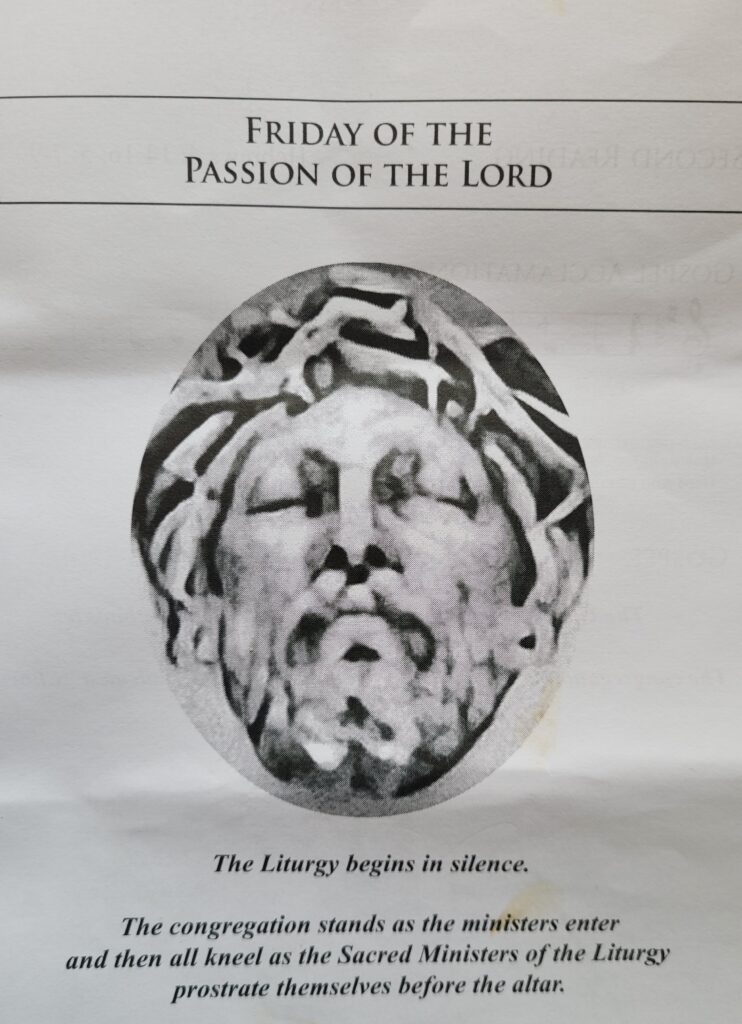
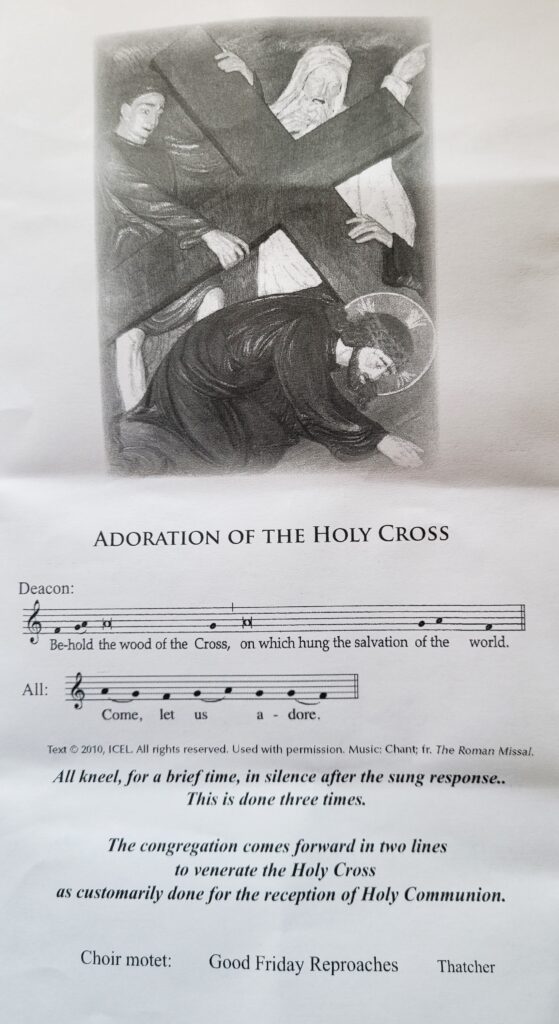


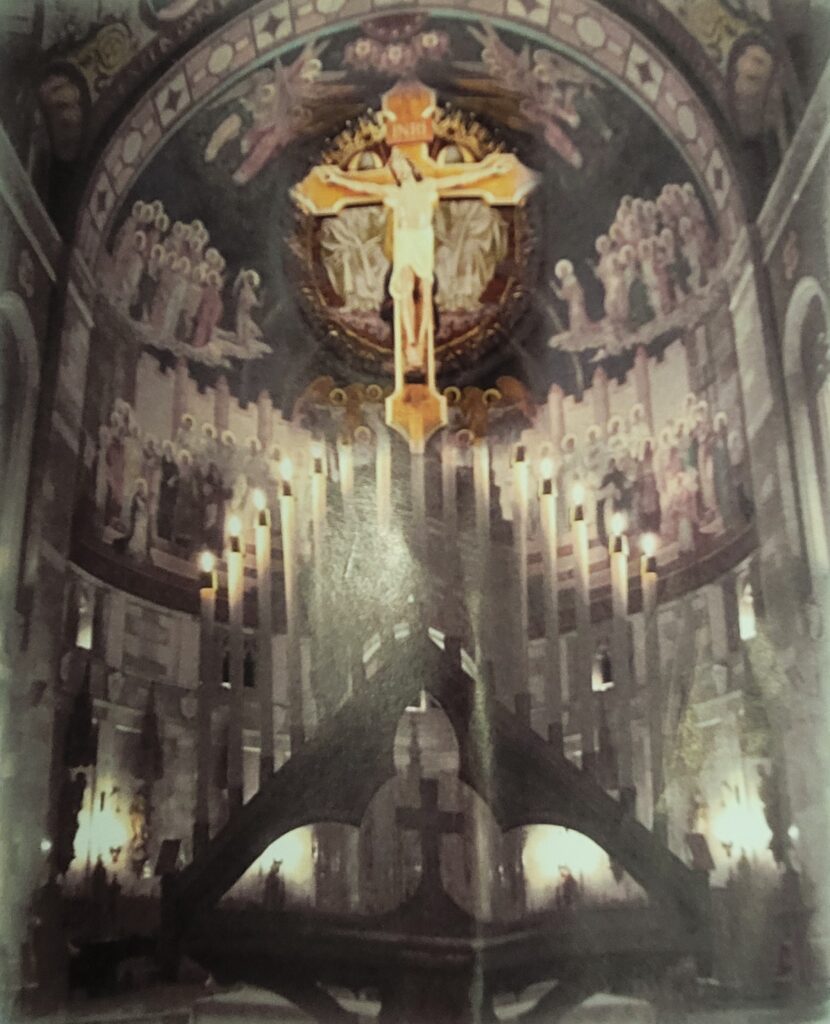
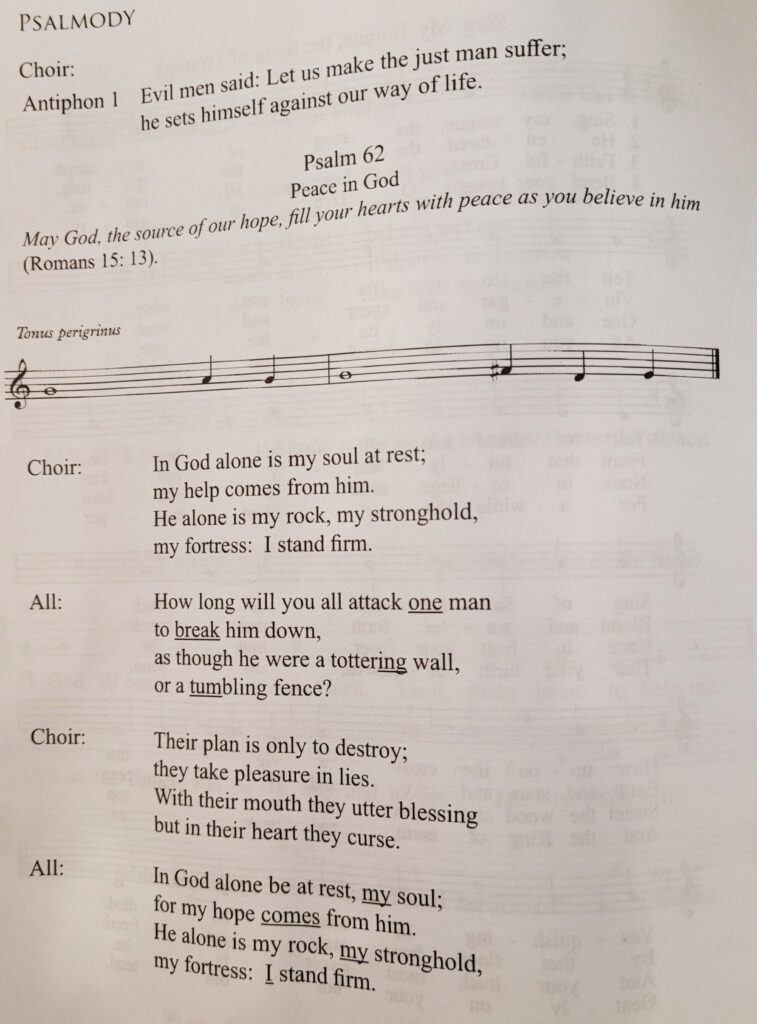
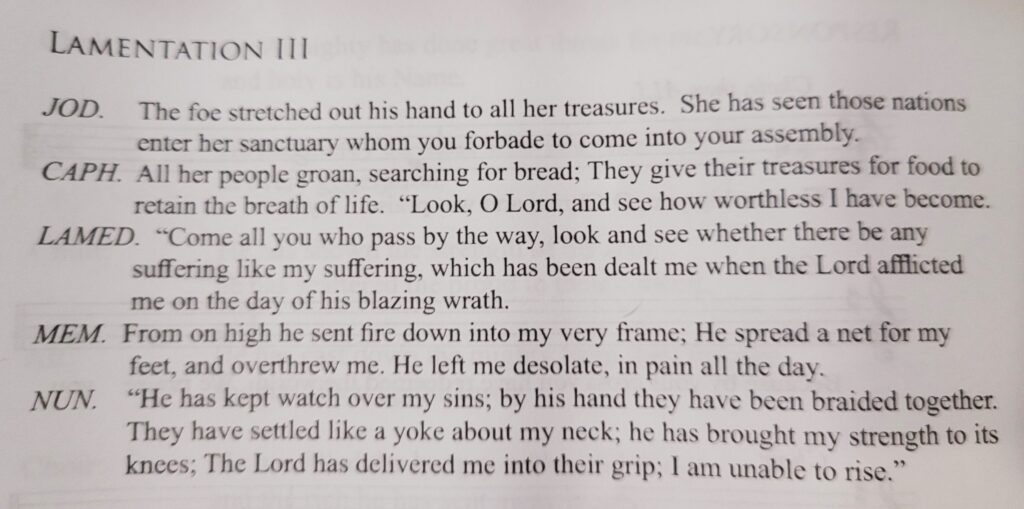
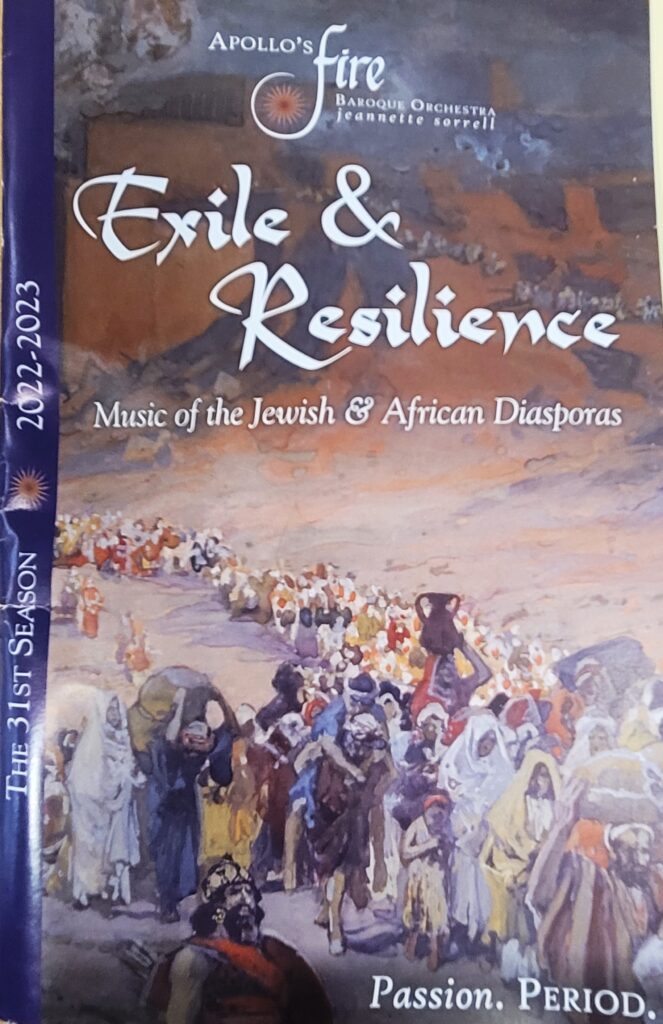

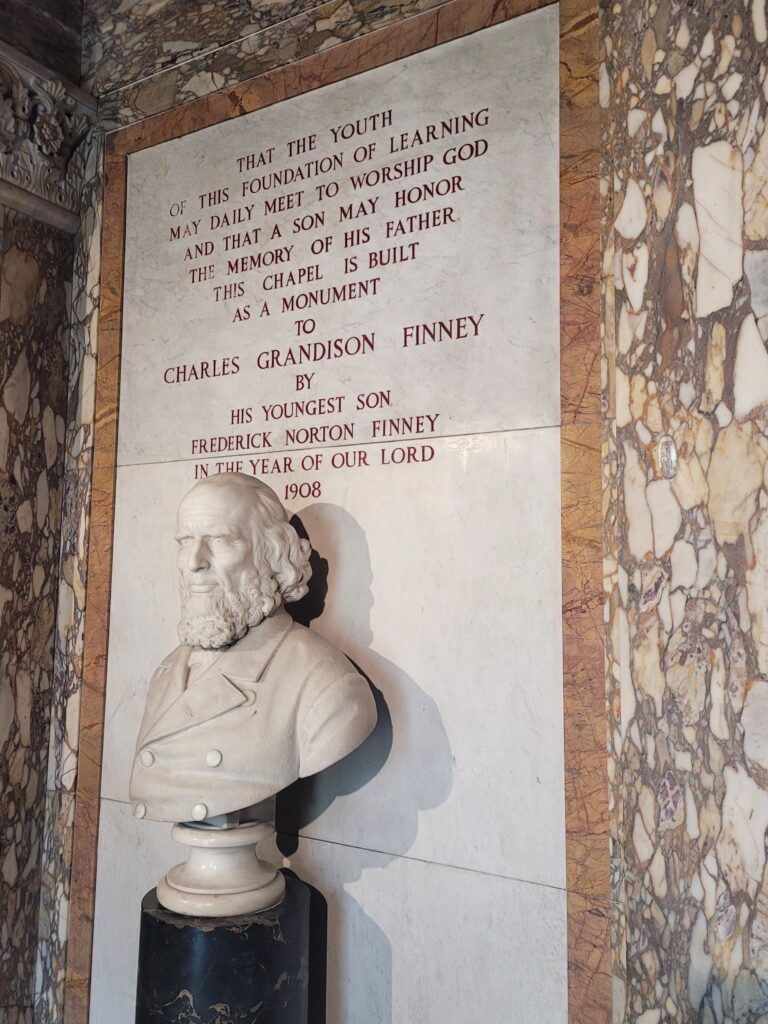

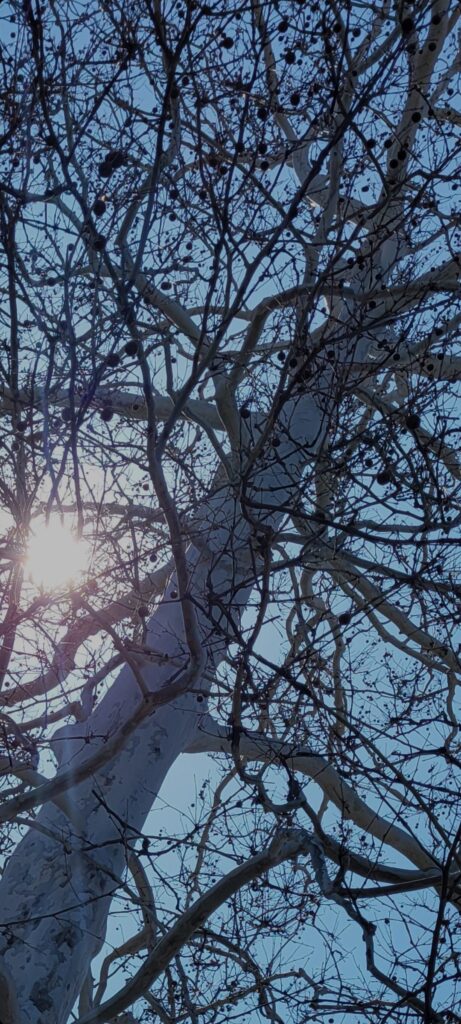

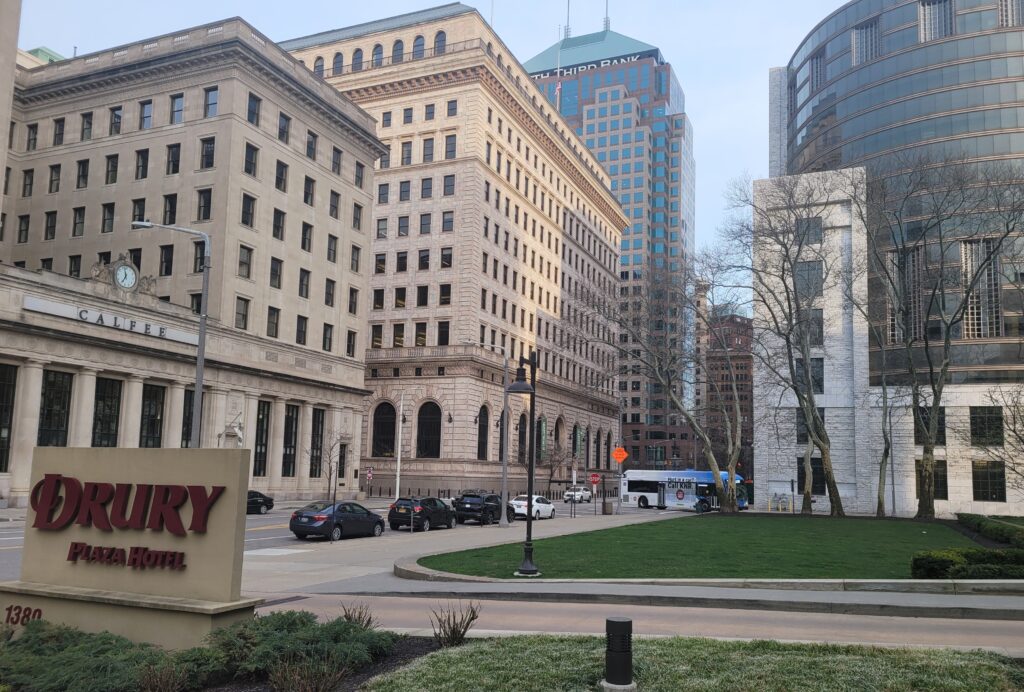

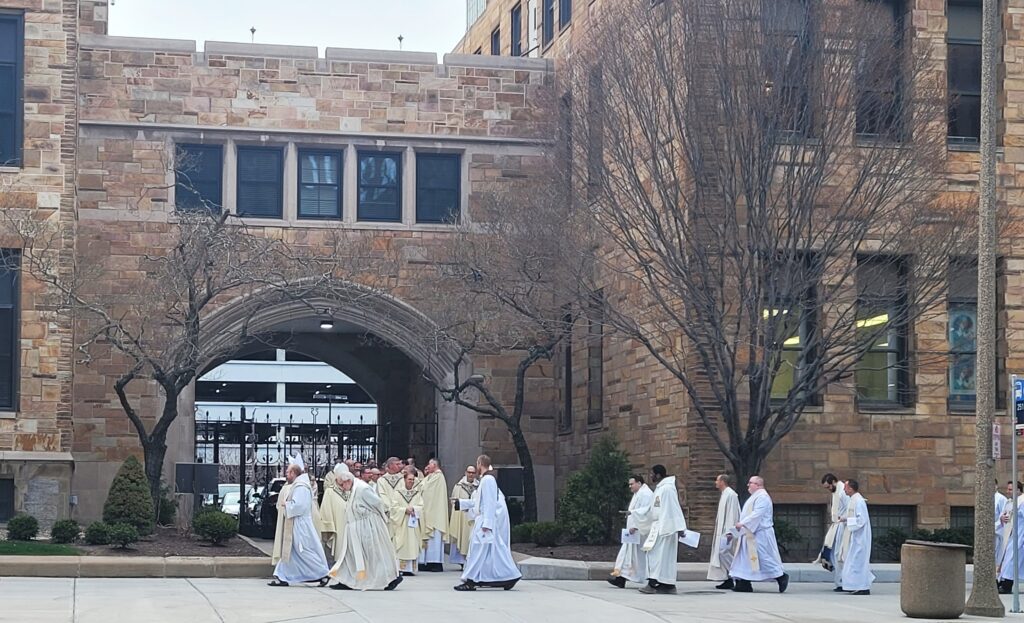
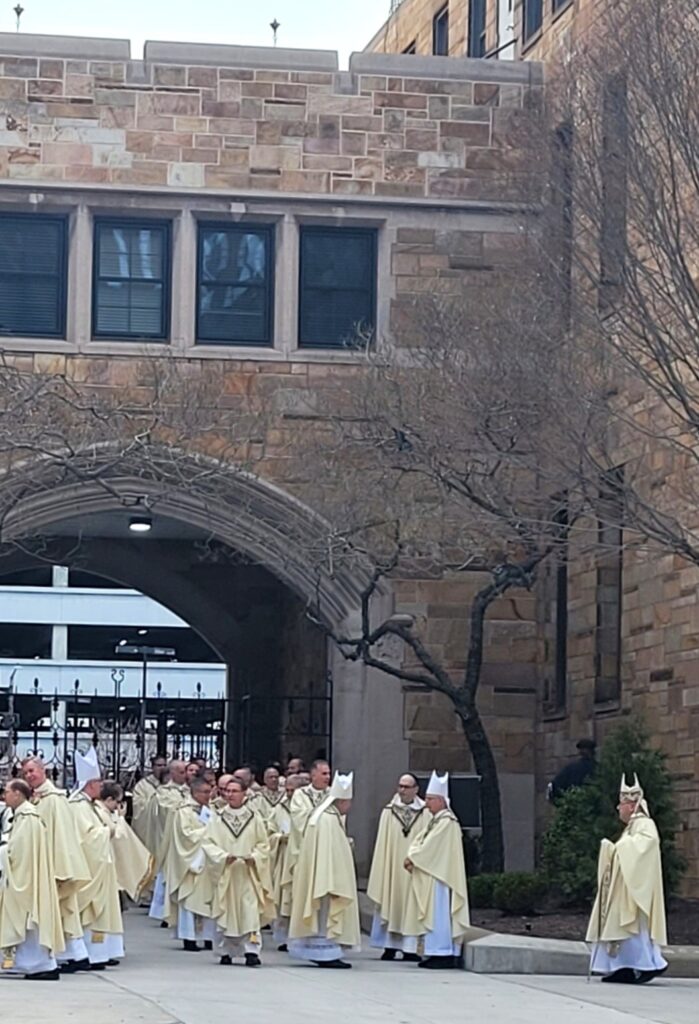


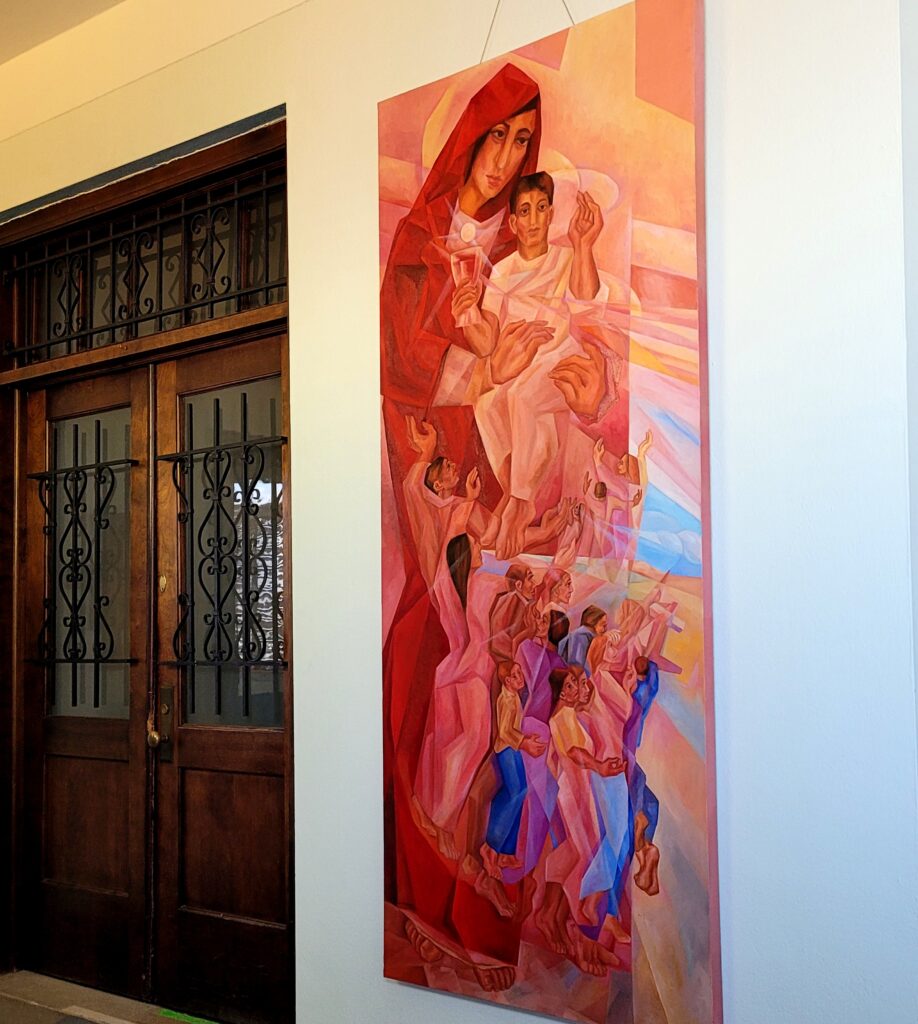


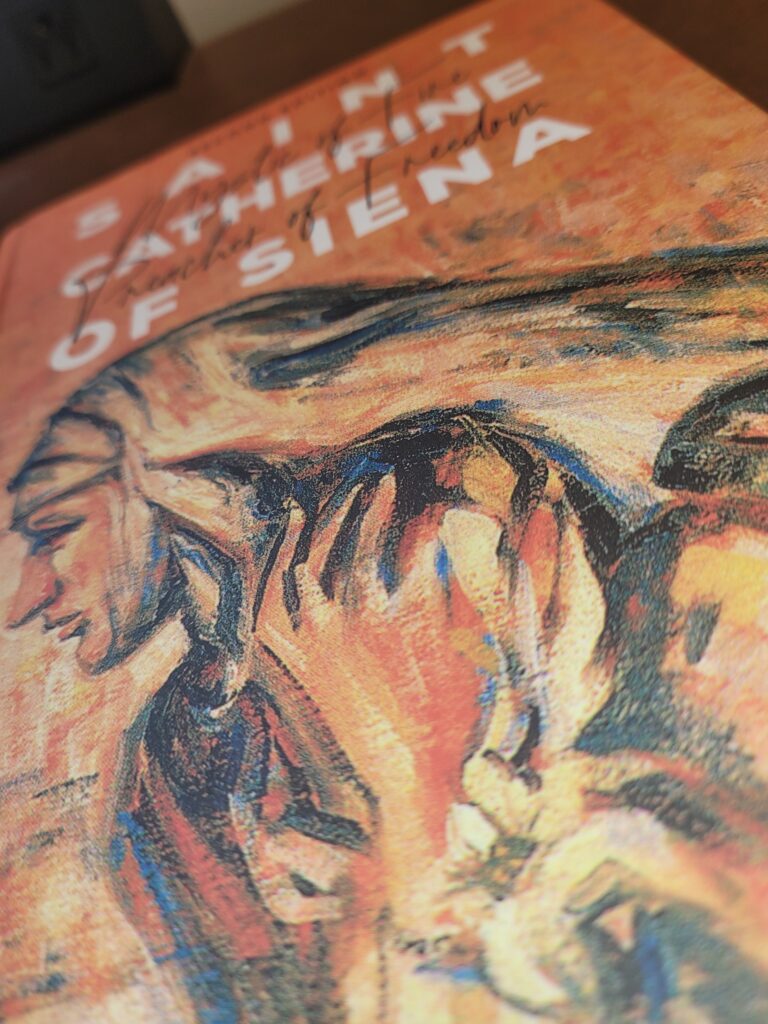
Freedom to think and freedom to act: these are the two forms of freedom that, in Catherine’s opinion, mark our dignity as human beings. Needless to say, then, any loss of that dignity is for Catherine an unspeakable tragedy. Nothing distresses her more than the sight of free men and women reduced by the pressure of their own weakness, or by the pressure of the society in which they live, to a debilitating moral servitude. Almost every page of her writing is, as a result, an impassioned manifesto of freedom. Wherever she finds herself, whatever she is doing or saying or thinking, her attention is focused-with great intensity-on the wretched state of her contemporaries.
Often, we are inclined to think of mystics as people whose contemplation focuses entirely on God and the nature of God. But, to a degree almost unique among the Christian saints and mystics, Catherine was contemplative also of human nature, of both its misery and its grandeur. In particular, she understood an aspect of our human condition and of our human psychology that, over the last two hundred years, has begun to receive increasing attention from both psychologists and philosophers-namely, the psychology of fear.
…..”Oh, how dangerous such fear is!” she (St Catherine of Siena) writes. “It cuts off the arms of holy desire. It binds us and keeps us from knowing the truth.” (Letter to Pierre d’Estaing, ‘Letters’)
‘St Catherine of Siena: Mystic of Fire Preacher of Freedom’ written by Father Paul Murray
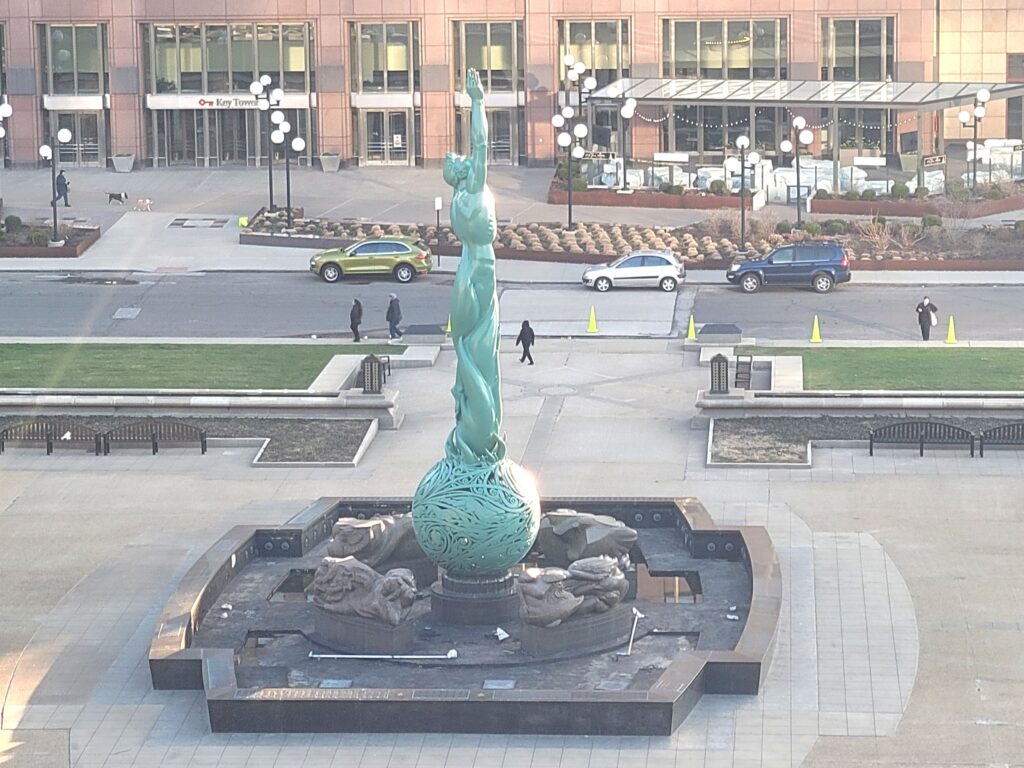


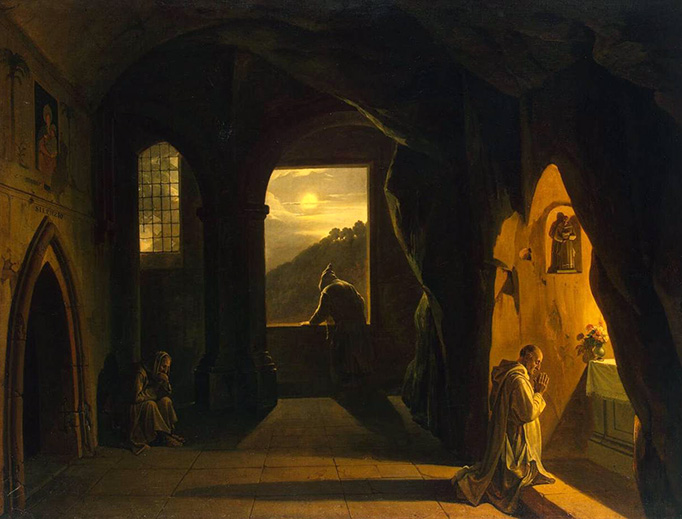
(St John of the Cross)….reiterate the lowly and impure capacity of the natural appetites and faculties for the things of God. They need to be recast in a radical manner if, as vast inner “caverns of feeling”, they can be filled by God. Only by a purging and emptying of their natural activity, in which they ordinarily seek natural satisfactions even in the spiritual exercises of prayer, can they become suitable for the reception of a deeper spiritual satisfaction that has a source in God himself. But this requires especially an alert and attentive response in prayer. A disciplined approach not to seek for the easier satisfactions of the past is crucial for the advancement of a soul in contemplative prayer. As Saint John of the Cross writes: “At this time there should be no activity or satisfaction relative to spiritual objects, because the soul’s faculties and appetites are impure, lowly, and very natural. And even were God to give these faculties the activity and delight of supernatural, divine things, they would be unable to receive them except in their own way, very basely and naturally” (Dark Night of the Soul).
‘St John of the Cross: Master of Contemplation’ written by Father Donald Haggerty
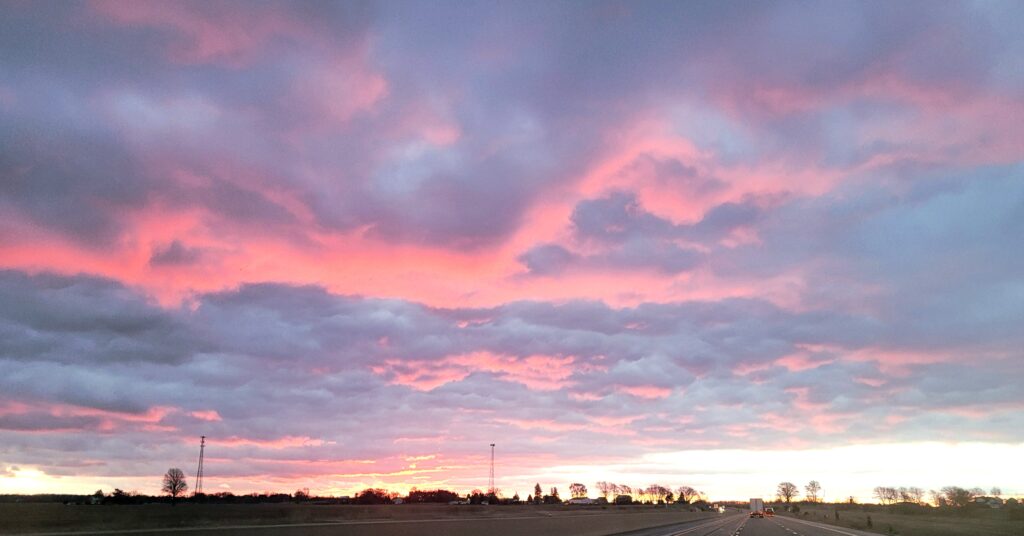

Recent Comments